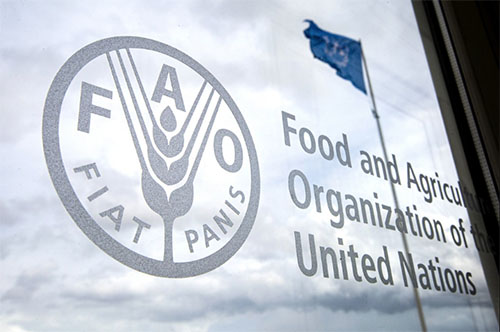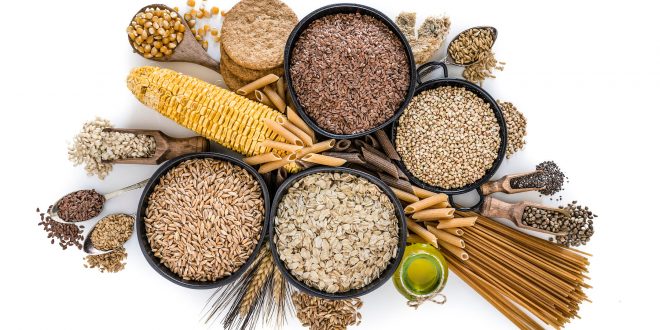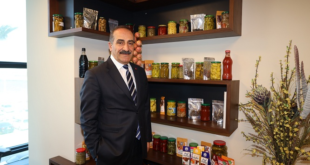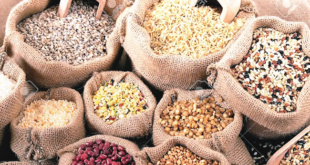Despite an expected record world cereal production in 2021, global cereal inventories are seen heading for a contraction in 2021/22, according to new forecasts in FAO’s Cereal Supply and Demand Brief, released.
The forecast for world cereal output in 2021 is now pegged at 2 793 million tonnes, down by 6.7 million tonnes since the previous report in October, largely due to cuts to the estimates of wheat production in the Islamic Republic of Iran, Turkey and the United States of America.
By contrast, global coarse grains output has been revised upwards. An upward revision to maize production was driven by better-than-previously expected yields in Brazil and India and improved prospects in several West African countries. Compared to last year, global cereal production is anticipated to increase and reach a new record level.

Forecast at 2 812 million tonnes, world total cereal utilization in 2021/22 is heading for a 1.7 percent gain from the 2020/21 estimated level, led by an anticipated increase in global food consumption of wheat, rising in tandem with world population, while foreseen higher feed and industrial uses of maize should also contribute to the expected annual increase.
World cereal stocks by the close of seasons in 2022 are forecast to fall 0.8 percent below their opening levels, to 819 million tonnes. Consequently, the world cereals stocks-to-use ratio is forecast to decline slightly, from 29.4 percent in 2020/21 to 28.5 percent in 2021/22, but still indicating an overall comfortable level.
Following an upward revision this month on stronger-than-earlier-anticipated global trade in wheat and rice, world trade in cereals is now forecast to expand and reach a new record in 2021/22 at 478 million tonnes, up 0.3 percent from the 2020/21 level.
 THE GLOBAL WINDOW OF TURKISH FOOD AND AGRICULTURE The Global Window of Turkish Food and Agriculture Sector
THE GLOBAL WINDOW OF TURKISH FOOD AND AGRICULTURE The Global Window of Turkish Food and Agriculture Sector









